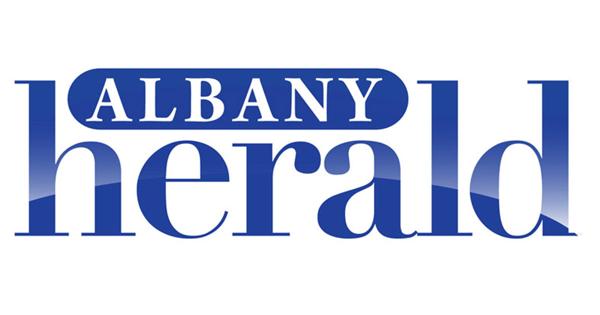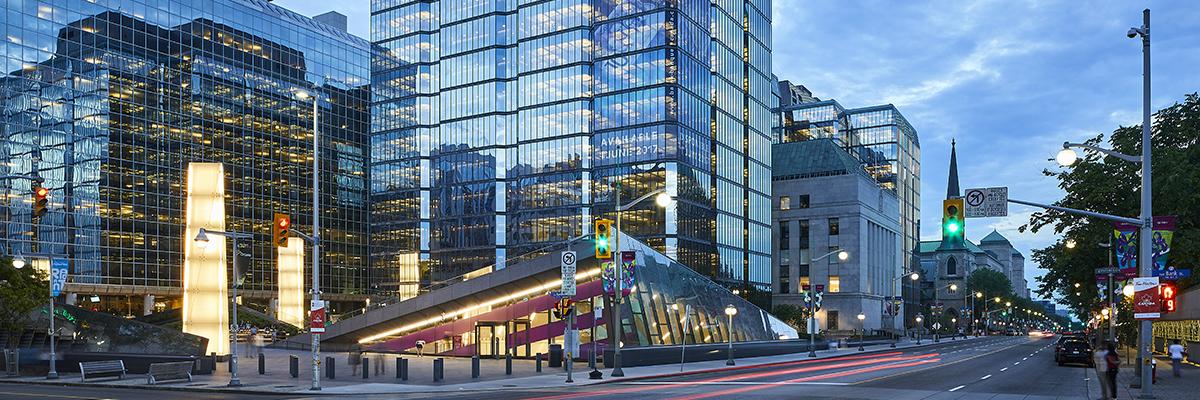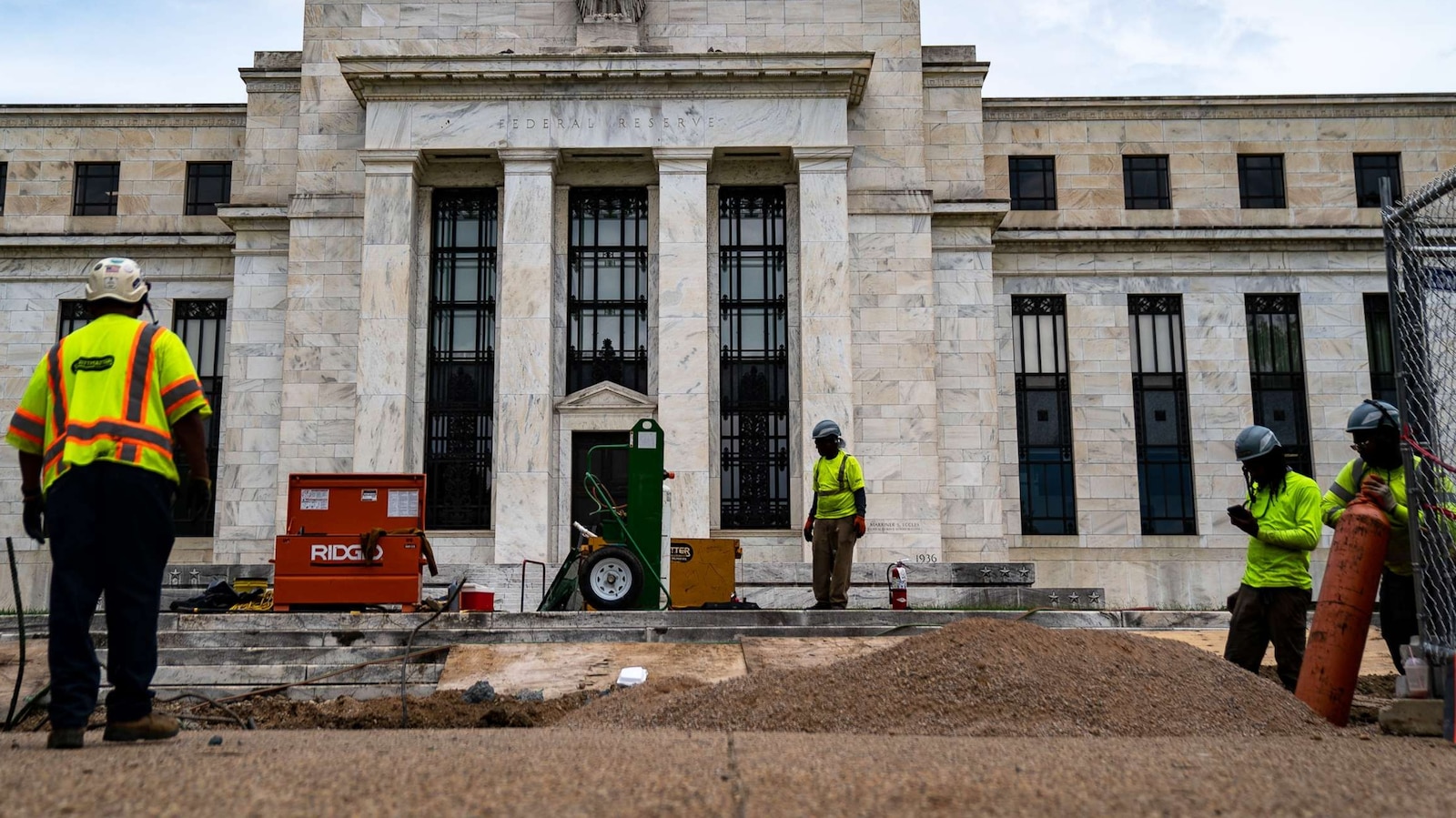Biden: June inflation figures "unacceptably high" but out-of-date


Follow along with the video below to see how to install our site as a web app on your home screen.
Note: This feature may not be available in some browsers.

I actually agree with him on that. I calculated it around 11.4%.Biden: June inflation figures "unacceptably high" but out-of-date

 *democrip bot*
*democrip bot*He’ll provide free transportation to the polls on Election Day. Easy repeatsomething is going to have to give. I don’t see Biden getting another term if inflation keeps going up

something is going to have to give. I don’t see Biden getting another term if inflation keeps going up
Don't worry another little $1 billion won't raise inflation even more.I actually agree with him on that. I calculated it around 11.4%.
*democrip bot* Good thing my job said no raises and no bonuses this year. I’m really gonna be stacking paper now that I have to return to the office everyday, healthcare premiums are up and food prices have tripled.*democrip bot*

 www.albanyherald.com
www.albanyherald.com
This type of stuff continues to prove why journalists and the mainstream media have no credibility. Biden should be questioned relentlessly on his moves but it won’t happen because the media is all about propaganda.Don't worry another little $1 billion won't raise inflation even more.
Biden to pledge $1 billion in food security assistance on last day of Middle East tour

Biden to pledge $1 billion in food security assistance on last day of Middle East tour
President Joe Biden will announce $1 billion in aid to food security assistance in the Middle East and North Africa on Saturday at a summit attended by key leaders inwww.albanyherald.com


Canada is a society that will be the last refuge for the hybrid Neanderthal man before its complete demise
Canadian wages tick up but still lag far behind inflation
A Statistics Canada report showed Canadians’ average weekly earnings increased 3.5 per cent in June 2022 compared with the same month last year. But wages are still less than half of the inflation rate which stands at 7.6 per cent.www.ctvnews.ca

Monetary Policy Report Press Conference Opening Statement
Governor Tiff Macklem discusses key issues involved in the Governing Council’s deliberations about the policy rate decision and the MPR.www.bankofcanada.ca

Oh, they will.I wish these corporations would ask for another bailout once shit hits the fan....
So my next question: who should we enslave and how?
The State of Gig Work in 2021
Some 16% of Americans have ever earned money from an online gig platform. While most gig platform workers say they have had a positive experience with these jobs, some report facing on-the-job troubles like being treated rudely or sexually harassed.www.pewresearch.org
I did not realize how big the industry is that just came out of nowhere, no wonder there is not enough labor. We need to bring back slavery, fuck Juneteenth until automation catches up. There are some people/groups (we have already dealt with it) I would like to auction off that could do this work, when they are done, chain them back up. Decimate their professional class and force them into doing this.

This personal use of your car, making single trips to deliver food is not going to cut it.
Yes it was.America wasn’t this fucked up when Trump was president. It baffles me how much y’all hate Trump but know damn well the country was in better shape when he was in office. This Biden guy that y’all voted for ruined a good thing that Trump had going on.
Yes it was.
And it was this f*cked up with Trump, Obama, Clinton, both Bushes, and wait for it…Reagan.
He is The Godfather of all this bullsh!t.
 THIS MAN IS PREACHING
THIS MAN IS PREACHINGCanada is a society that will be the last refuge for the hybrid Neanderthal man before its complete demise
Jesus fucking Christ do I hate those people. Elizabeth Warren is a fucking lawyer. Is she just playing retarded or what? Does she know the Fed had a delayed reaction to inflation and continues to play soft? Didn't an intern brief her that SADLY unemployment must rise to fight inflation?
At this point, all she can do is stfu and ride this shit out. Because just last fucking winter she was blaming corporations instead of getting on Jerome's ass about doing aggressive rate hikes.
Does this batshit bitch want Powell to stop the hikes so Joe can fix the supply chain?That's not how this shit gets fixed.

| Overall Rank | MSA | Total Score | Consumer Price Index Change (Latest month vs 2 months before) | Consumer Price Index Change (Latest month vs 1 year ago) |
|---|---|---|---|---|
| 1 | Tampa-St. Petersburg-Clearwater, FL | 100.00 | 1.70% | 7.30% |
| 2 | Atlanta-Sandy Springs-Roswell, GA | 72.56 | 1.20% | 4.60% |
| 3 | Detroit-Warren-Dearborn, MI | 70.09 | 1.10% | 4.70% |
| 4 | St. Louis, MO-IL | 68.42 | 1.30% | 3.10% |
| 5 | Seattle-Tacoma-Bellevue, WA | 66.68 | 1.00% | 4.60% |
| 6 | San Diego-Carlsbad, CA | 66.57 | 0.90% | 5.20% |
| 7 | Denver-Aurora-Lakewood, CO | 63.15 | 0.80% | 5.10% |
| 8 | Miami-Fort Lauderdale-West Palm Beach, FL | 62.82 | 0.50% | 6.90% |
| 9 | Dallas-Fort Worth-Arlington, TX | 61.27 | 0.80% | 4.70% |
| 10 | Riverside-San Bernardino-Ontario, CA | 57.49 | 0.80% | 3.90% |
| 11 | Washington-Arlington-Alexandria, DC-VA-MD-WV | 56.66 | 0.90% | 3.10% |
| 12 | Philadelphia-Camden-Wilmington, PA-NJ-DE-MD | 50.78 | 0.70% | 3.10% |
| 13 | New York-Newark-Jersey City, NY-NJ-PA | 47.95 | 0.70% | 2.50% |
| 14 | Los Angeles-Long Beach-Anaheim, CA | 45.01 | 0.60% | 2.50% |
| 15 | San Francisco-Oakland-Hayward, CA | 43.95 | 0.50% | 2.90% |
| 16 | Phoenix-Mesa-Scottsdale, AZ | 42.20 | 0.20% | 4.40% |
| 17 | Houston-The Woodlands-Sugar Land, TX | 38.29 | 0.50% | 1.70% |
| 18 | Chicago-Naperville-Elgin, IL-IN-WI | 37.24 | 0.40% | 2.10% |
| 19 | Minneapolis-St.Paul-Bloomington, MN-WI | 35.82 | 0.40% | 1.80% |
| 20 | Baltimore-Columbia-Towson, MD | 34.66 | 0.20% | 2.80% |
| 21 | Urban Honolulu, HI | 33.82 | 0.30% | 2.00% |
| 22 | Boston-Cambridge-Newton, MA-NH | 32.55 | 0.00% | 3.60% |
| 23 | Anchorage, AK | 11.77 | 0.40% | -3.30% |
@850credit It is slowing down overall though.@Politic Negro surprised that Atlanta area is number 2. Seems like prices have SOMEWHAT stabilized and in some cases retreated in the last couple months to me.
Depends on where you shop though.
My problem with inflation numbers is the government that count food and gas prices in those numbers. The things we need most. That makes no sense to me..@850credit It is slowing down overall though.
It would be interesting what sectors jumped and what is going down.
US inflation highest in 40 years, with no letup in sight
Inflation soared over the past year at its highest rate in four decades, hammering America’s consumers, wiping out pay raises and reinforcing the Federal Reserve’s decision to begin raising borrowing rates across the economy
By CHRISTOPHER RUGABER AP Economics Writer
February 10, 2022, 2:35 PM
WASHINGTON -- Inflation soared over the past year at its highest rate in four decades, hammering American consumers, wiping out pay raises and reinforcing the Federal Reserve’s decision to begin raising borrowing rates across the economy.
The Labor Department said Thursday that consumer prices jumped 7.5% last month compared with a year earlier, the steepest year-over-year increase since February 1982.
When measured from December to January, inflation was 0.6%, the same as the previous month and more than economists had expected. Prices rose 0.7% from October to November and 0.9% from September to October.
Shortages of supplies and workers, heavy doses of federal aid, ultra-low interest rates and robust consumer spending combined to send inflation leaping in the past year. And there are few signs that it will slow significantly anytime soon.
Wages are rising at the fastest pace in at least 20 years, which can pressure companies to raise prices to cover higher labor costs. Ports and warehouses are overwhelmed, with hundreds of workers at the ports of Los Angeles and Long Beach, the nation’s busiest, out sick last month. Many products and parts remain in short supply as a result.
The latest inflation data suggested to some economists that the Fed could raise its key rate in March by one-half a percentage point, rather than its typical quarter-point hike.
James Bullard, the president of the St. Louis Federal Reserve Bank, told Bloomberg News that he supported a sharp increase of a full percentage point in the benchmark short-term interest rate by July.
Over time, higher rates will raise the costs for a wide range of borrowing, from mortgages and credit cards to auto and business loans. That could cool spending and inflation, but for the Fed, the decision to steadily tighten credit could also trigger another recession.
Federal Reserve Chair Jerome Powell signaled two weeks ago that the central bank would likely raise its benchmark short-term rate multiple times this year.
Stock prices declined after the inflation report was released and fell further after Bullard’s remarks. The broad S&P 500 index fell 1.3% in afternoon trading. The yield on the 10-year bond jumped to 2.03%, a sign that investors see more Fed rate hikes ahead.
Prices for a broad range of goods and services accelerated from December to January — and not just for items directly affected by the pandemic. Apartment rental costs rose 0.5% in January, the fastest pace in 20 years. Electricity prices surged 4.2% in January alone, the sharpest rise in 15 years, and are up 10.7% from a year earlier. Last month, household furniture and supplies rose 1.6%, the largest one-month increase on records dating to 1967.
Food costs, driven by pricier eggs, cereal and dairy products, increased 0.9% in January. New car prices, which have jumped during the pandemic because of a shortage of computer chips, were unchanged last month but are up 12.2% from a year ago. The surge in new-car prices has, in turn, accelerated used-car prices; they rose 1.5% in January and are up a dizzying 41% from a year ago.
“Just as price pressures in some areas ease, inflation in other parts of the economy" is picking up, said Sarah House, an economist at Wells Fargo. “The upshot is that inflation is likely to remain uncomfortably high.”
The steady rise in prices has left many Americans less able to afford food, gas, rent, child care and other necessities. More broadly, inflation has emerged as the biggest risk factor for the economy and as a serious threat to President Joe Biden and congressional Democrats as midterm elections loom later this year.
Among the Americans who are struggling with pricier food and gas is Courtney Luckey, who has changed her shopping habits and taken on additional work shifts at a grocery store in Charlotte, North Carolina, where she lives.
Luckey, 33, used to be able to fill up a grocery cart for $100. Now, she said, $100 barely fills half the cart. Tomatoes have reached nearly $5 a pound, “which I think is ridiculous.” Luckey has switched to canned tomatoes and has begun using coupons for Family Dollar and Food Lion.
To help pay bills, she’s also picked up more hours at a Harris Teeter grocery store. But the store is 30 minutes from her house, so she's had to spend more on gas.
All her forced additional spending has caused Luckey to pull back on the family activities, such as bowling, with her daughter, her brother and his two sons. Those outings now typically happen once a month, rather than every week or two.
In the past year, sharp increases in the costs of gas, food, autos and furniture have upended many other Americans’ budgets, too. In December, economists at the University of Pennsylvania’s Wharton School estimated that the average household had to spend $3,500 more than in 2020 to buy an identical basket of goods and services.
Small businesses have also struggled to deal with higher costs for supplies and labor.
Julio Ortiz, the owner of Gaspachos, which sells fruit cups, smoothies and coffee in Sacramento, said he had to raise prices by about 6%, on average, in November. For some items, prices rose 10%.
“We've seen a spike in pricing for fruits, vegetables, cups, and plates," he said. His company uses compostable packaging, but much of it comes from overseas and has been stuck on ships that haven't been unloaded.
Even excluding volatile food and energy prices, so-called core inflation jumped 0.6% from December to January and 6% from a year ago.
Many large corporations, in conference calls with investors, have said they expect supply shortages to persist until at least the second half of this year.
Chipotle said it’s increased menu prices 10% to offset the rising costs of beef and transportation as well as higher employee wages. And the restaurant chain said it will consider further price increases if inflation keeps rising.
“We keep thinking that beef is going to level up and then go down, and it just hasn’t happened yet,” said John Hartung, the company’s chief financial officer.
Executives at Chipotle, as well as at Starbucks and some other consumer-facing companies, have said their customers so far don’t seem fazed by the higher prices.
Levi Strauss & Co. raised prices last year by roughly 7% above 2019 levels because of rising costs, including labor, and plans to do so again this year. Even so, the San Francisco-based company has upgraded its sales forecasts for 2022.
“Right now, every signal we’re seeing is positive,” CEO Chip Bergh told analysts.
———
AP business writers Dee-Ann Durbin in Detroit and Anne D’Innocenzio in New York contributed to this report.
If I'm reading this right, you want to separate inflation numbers with just discretionary spending items?My problem with inflation numbers is the government that count food and gas prices in those numbers. The things we need most. That makes no sense to me..

